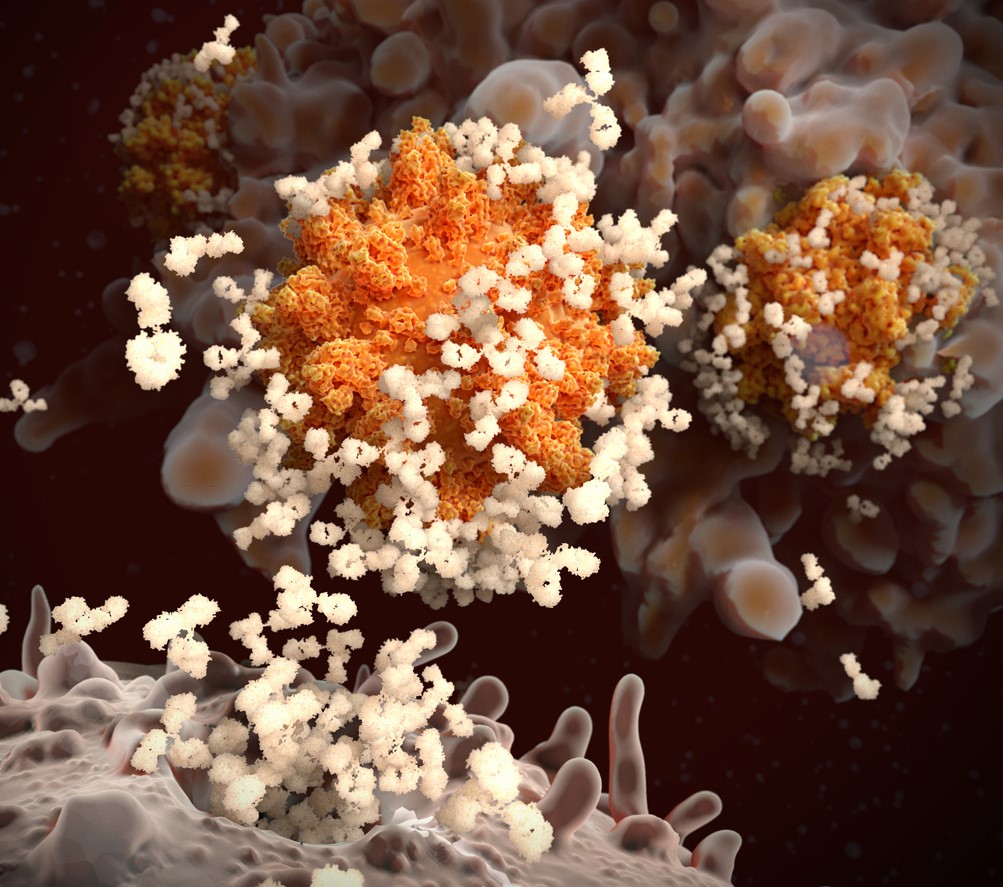Implementation of a prospective audit-and-feedback (PAF) intervention combined with an online tool was tied to an almost 10% reduction in carbapenem use at a Spanish hospital without worse patient outcomes, researchers reported today in the Journal of Antimicrobial Chemotherapy.
The study examined carbapenem use at a hospital in Barcelona 2 years before and 2 years after implementation of an online, real-time tool (the SAP business object, SAP-BO) that provides data on antibiotic consumption and helps antimicrobial stewardship programs (ASPs) assess and measure the success of a stewardship intervention. The study was conducted in the hospital's urology department, which was selected due to its high carbapenem usage, with the PAF specifically targeting carbapenem prescriptions. A total of 7,631 patients were included in the study, with 4,092 in the pre-intervention period and 3,359 in the intervention period.
There was a 9% decrease in carbapenem use as assessed by defined daily doses (DDD) per 100 patient-days (PD) in the intervention period (incidence ratio [IR], 0.91; 95% confidence interval [CI], 0.85 to 0.97). Carbapenem days of therapy (DOT)/100 PD also fell during the intervention period, decreasing from 12.4 to 11.0 (– 1.5 DOT/100 PD; IR, 089; 95% CI, 0.83 to 0.94). In addition, overall antibiotic DDD/100 PD fell by 3% (IR, 0.97; 95% CI, 0.94 to 0.99) and DOT/100 PD by 7% (IR, 0.93; 95% CI, 0.91 to 0.95).
Our study demonstrates the usefulness and safety of the implementation of an ASP that combines a [prospective audit-and-feedback] intervention with an electronic tool.
Analysis of the intervention's impact on patient safety found the incidence of infections caused by carbapenemase-producing organisms was similar in the two periods, as was the incidence of Enterococcus faecium bacteremia and Clostridioides difficile–associated diarrhea. The rate of extended-spectrum beta-lactamase incidence decreased, but the difference was not statistically significant. Length of hospital stay, in-hospital all-cause mortality, and 30-day readmission incidence remained unchanged.
"Overall, our study demonstrates the usefulness and safety of the implementation of an ASP that combines a PAF intervention with an electronic tool to reduce carbapenem use," the study authors wrote. "Further studies are needed to explore the ecological impact of similar programmes."
 Working the night shift or binge drinking may double the risk of COVID-19 infection, according to a
Working the night shift or binge drinking may double the risk of COVID-19 infection, according to a  Australian First Nations (FN) people, who, like other indigenous populations, are at high risk for poor COVID-19 outcomes, have robust immune responses to the Pfizer/BioNTech vaccine,
Australian First Nations (FN) people, who, like other indigenous populations, are at high risk for poor COVID-19 outcomes, have robust immune responses to the Pfizer/BioNTech vaccine, 













